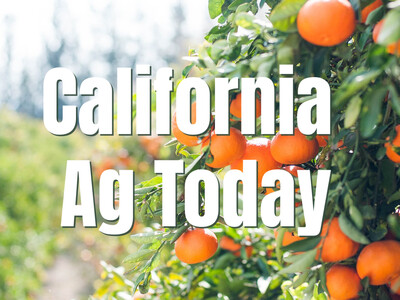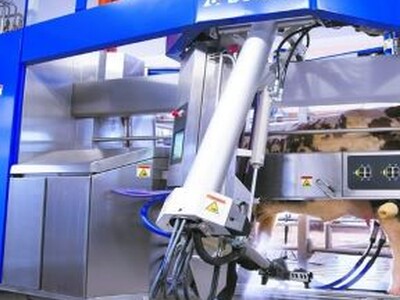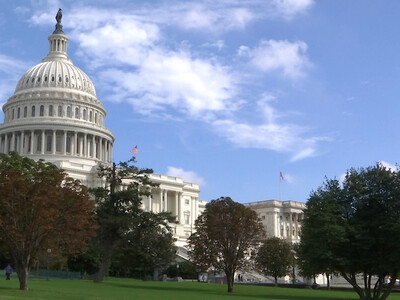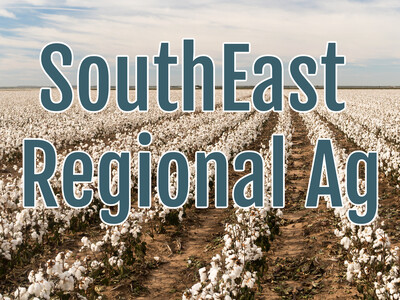Rural Communities Considering Wooing Biofuel Refineries
Rural Communities Considering Wooing Biofuel Refineries
I’m KayDee Gilkey with the Northwest Farm and Ranch Report.
There are opportunities for Pacific Northwest rural communities that might be interested in gaining new job opportunities by bringing a new biofuel refinery to their town.
If there is a continued push to match the Federal Renewable Fuel Standards that are currently in place, there will be opportunities because right now the production capacity doesn’t exist to produce the next generation of biofuels at the volumes necessary to meet the current federal targets.
Washington State University Small Grains Economics Endowed Chair Dr. Randy Fortenberry studied all the biofuel refineries plants in the U.S. His research sheds some light on what entices biofuel refineries to select locations.
Fortenberry: “We asked what made a community attractive for those plants to locate. What we discovered -- and this is important for thinking about future biofuel refineries -- that is bio-jet fuel, bio-diesel, cellulite ethanol. What surprised us a little bit was it wasn’t things like direct production subsidies -- so giving a plant some sort of a subsidy per gallon of fuel produce. Those were not nearly as important as the community’s investment in infrastructures. So if you are really in a community that would like to attract a bio-refinery as a value-added industry, what is probably more important is making direct investment in the infrastructure in rail lines and roads -- things like that. The industries that will support the biorefinery rather than investing in the biorefinery itself.”
I’m KayDee Gilkey with the Northwest Farm and Ranch Report on the Northwest Ag Information Network.














